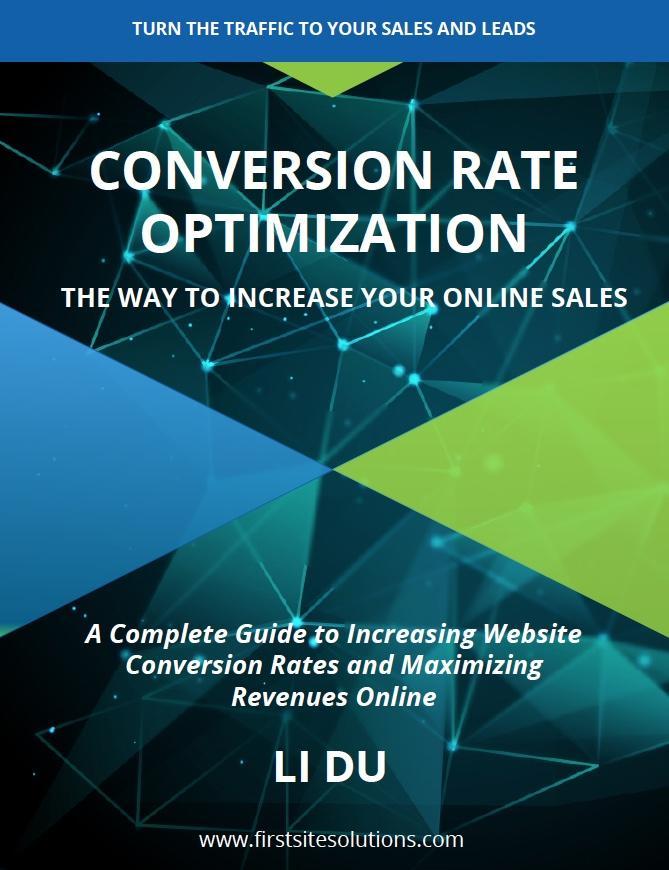
Optimizing your content for SEO is rarely an easy ordeal. Experienced professionals can do so in an efficient manner, which is one of the reasons why you might want to hire them. But even they had to spend years learning and incorporating the values that SEO deems necessary. Luckily, you don't have to spend years studying and writing articles before you can create SEO-optimized content. There are tools out there that make this whole ordeal much easier than it otherwise would be. So, with that in mind, let's take a look at some of the must-have content optimization tools for SEO.
Our pick of the must-have content optimization tools for SEO
While the following tools are pretty helpful, it is essential to note that they are not a cure for all. SEO content optimization requires understanding current trends, figuring out your customer needs, and making good use of search intent. Unfortunately, none of this can be boiled down to an algorithm that can give you straightforward answers. This is why it is essentially impossible to create an all-in-one SEO optimization tool. And why people often hire SEO experts to help them out.

Hiring an experienced professional is much more cost-efficient than trying to manage SEO on your own.
The best way to consider these tools is as aids that will help you avoid rookie mistakes and help you follow the tried and true guidelines for content that is properly optimized for SEO. With that out of the way, let's take a closer look at some of the tools you ought to use.
Google Search Console

Handling and optimizing your content for SEO can be surprisingly confusing for a beginner. If you are new to SEO, you definitely feel like a fish out of water with all the confusing terms and notions to keep in mind. But, if you start using the Google Search Console, you will get a much firmer understanding of what SEO is all about. This free tool provided by Google gives you all the necessary info for creating a decent SEO strategy. Things like:
- Keyword research.
- Content popularity.
- Content gaps.
- Page speed.
- Data structure.
- SERP performance.
- Customer search intent.
All of them are covered with GSC in a surprisingly effective manner. Using this info, you can figure out how to orient your SEO efforts and develop engaging content. And, once you gain a bit of understanding of SEO and your target market, you can even predict upcoming trends and stay ahead of the curve.
SEOTesting
One of the better tools you can use along with GSC is the SEOTesting. While GSC will help you understand SEO basics and how to improve them, SEOTesting will allow you to be more efficient and effective in your endeavor. With a basic understanding of your SEO strategy, you can use SEOTesting to track your performance. You will not only get valuable data on your efforts, but you will also get recommendations on how to interpret it. This aspect alone makes SEOTesting quite useful. Especially if you consider that GSC limits the amount of data you can pull.

Gathering performance data is a must for any constructive SEO optimization of your content.
For monitoring your SEO optimization, the best thing to do is to automate your reports. By doing so, you will have a clear representation of how effective your SEO strategy is.
SpyFu

Even though SpyFu has a premium version, the free features that it offers are more than enough to handle SEO successfully. This is why, if you are a beginner, you should consider using it. After a while, you can easily choose to become a premium user.
The features that these powerful tool offers are plentiful, from viewing the number of times that a keyword gets searched to checking out your competitor's websites and determining how organic and SEO friendly their content is. All in all, SpyFu is a powerful tool that, with little practice, you can use to better your SEO results.
Grammarly
Ever since Grammarly became available, it has been the saving grace of any and all content creators. This seemingly simple tool allows you to correct your writing as you are writing it. It not only checks for spelling but also contextual and semantical mistakes. For a new writer, and even for a more experienced one, this is invaluable. Once you start using Grammarly, you will see just how many mistakes you've made and how many flew under your radar.
Once you start using Grammarly, you will see why it is easily one of the best Data gathered through content optimization tools for SEO.

The basic version of it is free, and it comes in a plugin form. So, no matter where or what you are writing, Grammarly will be there to give you helpful input. If you opt to pay for it, you will get further recommendations based on the desired style. For example, a professional tone has different requirements than a casual one. This is something that new writers often fail to realize. And, even if they do, they can have a hard time formalizing their sentences so that they follow a specific style. Luckily, Grammarly gives you numerous tips on improving your writing and ensuring that it is top-notch.
Google Keyword Planner
Selecting and planning keywords is an essential part of any SEO strategy. After all, your content must be in line with your keyword plan if it is going to reach your target audience. And to start managing your keywords, you should opt for Google Keyword Planner. This simple tool comes with a few features that make keyword management a whole lot easier. With it, you will be able to locate keywords by using the "top of the page" bid range, find the best keyword choices for business websites, and acquire an accurate search volume straight from Google.
The best part about this tool is that it has been developed by Google. Therefore, you can rest assured that you are getting the best data possible. While there are other keyword tools to consider, we would recommend that you start with this one as one of the content optimization tools for SEO. It is free, and it gives you all the necessary features for a beginner.








